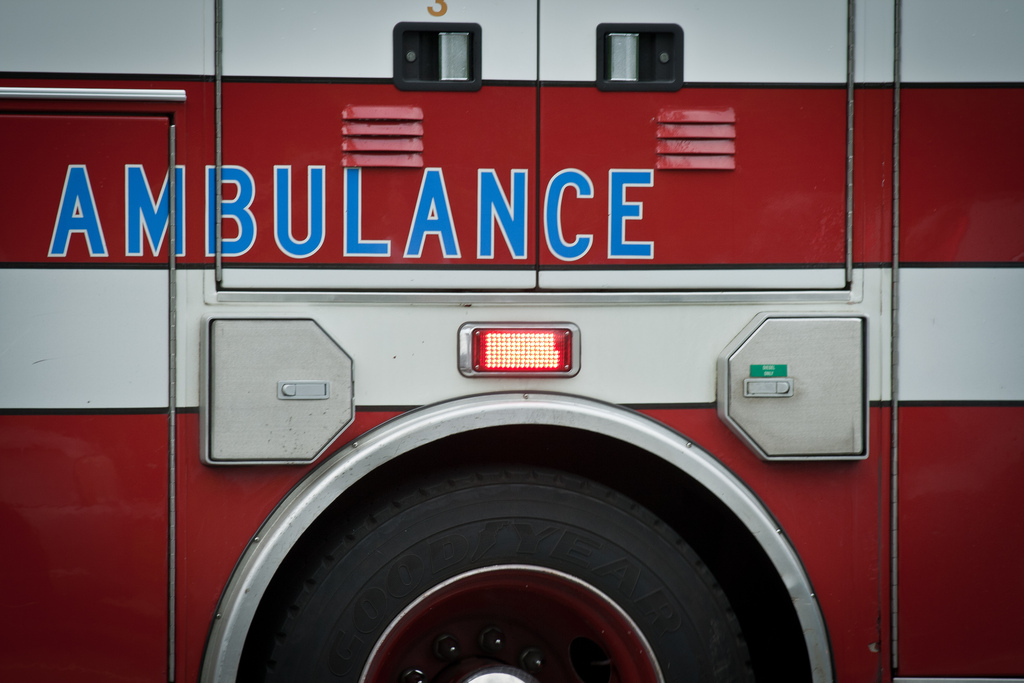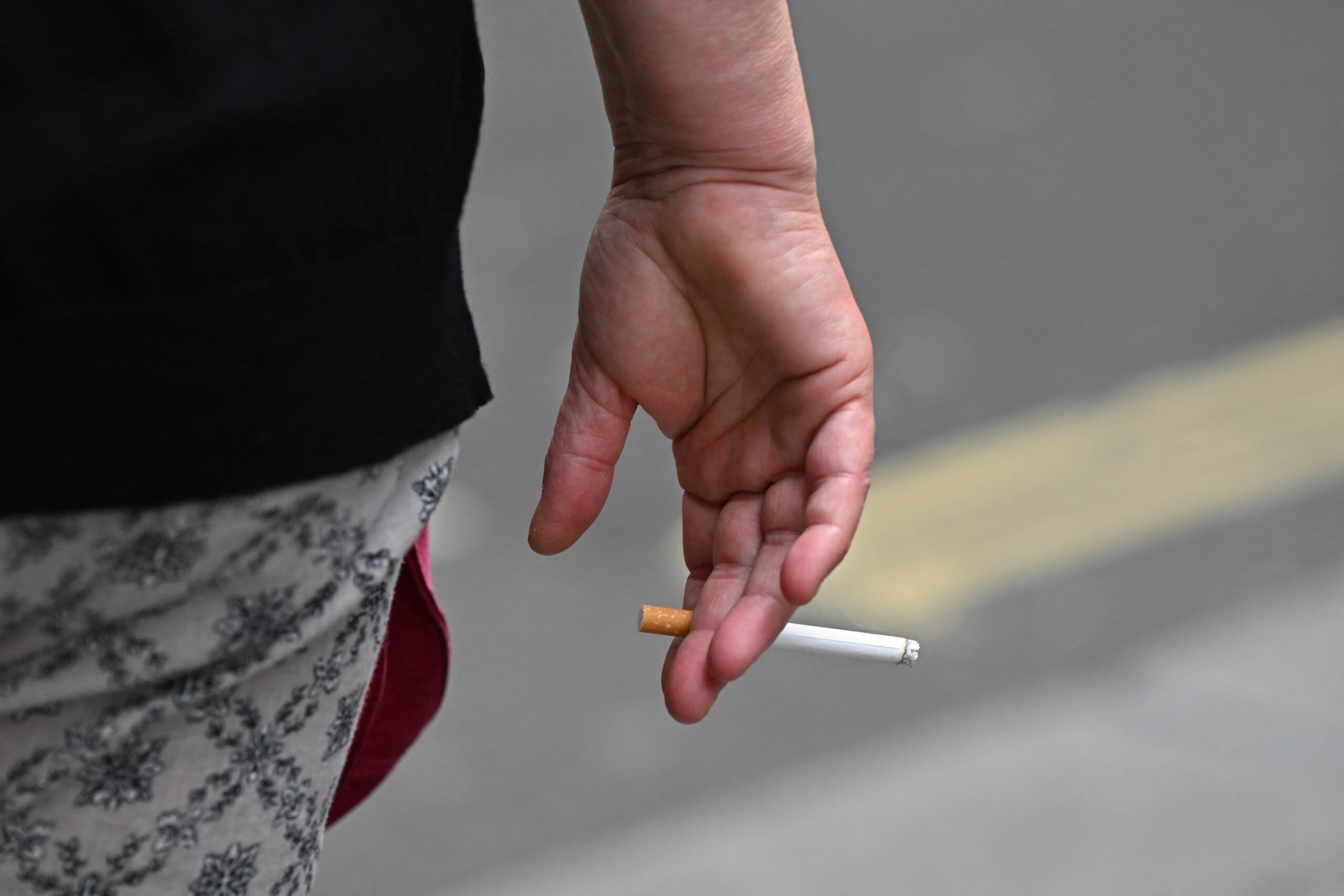For too long, 53-year old Ayelet Waldman had been drowning in depression. She had tried anti-depressants, but nothing was working, and it was making her lose her sex drive and put on weight. On the verge of suicide and close to losing her husband, the novelist Michael Chabon, Ms. Waldman delved into research and finally found a treatment that worked: micro-doses of LSD.
“My mood was simply better, I was less depressed, I had more perspective about my own moods and situations and was able to modulate the intensity of my responses, and get distance,” Ms. Waldman, author of the memoir A really Good Day: How Microdosing Made a Mega Difference in My Mood, My Marriage, and My Life, recalls.
For Ms. Waldman, a former federal public defender and mother of four, taking one-tenth of a standard “hit” every third day during the period of a month probably saved her life. But psilocybin has been illegal in the U.S for over 40 years. Ms. Waldman pointed out that the the U.S war on drugs in the 1960s led to crisis of incarceration, “more research is needed, and there is a lot of potential to be explored.”
Hallucinogens, onetime party drugs, could in future become the answer for more people like Ms. Waldman suffering unnecessarily from depression, which affects 16 million Americans and 350 million people worldwide. A promising new study by Robin Carhart-Harris from Imperial College London, has found that taking small doses of psilocybin, a psychedelic drug found in “magic mushrooms” could “reboot” the brain of depressed people who don’t respond to conventional treatments.
“We wanted to see what happened 24 hours later [following treatment] to see the residual positive effects it had on depressed people,” Professor David Nutt, Director of the neuropsychopharmacology unit in the division of brain sciences at Imperial College London, told The Globe Post.
The 19 patients in the study who took psilocybin and were then scanned with an fMRI machine, “produced rapid and sustained antidepressant effects,” according to the study.
“We found two things. Firstly, the area in the brain known as the amygdala, which is overactive in depression, was less active following treatment, and the more suppressed it was the bigger the outcome,” Mr. Nutt pointed out.
“The second thing we found was that there was connectivity [from disconnection to self, others, and the world] in the depression circuit, and it led to introspection and self awareness.”
Psilocybin could therefore be a useful alternative for people who want to make sense of their depression instead of just suppressing it. The researchers pointed out that psilocybin, paired with psychological support, can also be used safely to treat other psychiatric conditions including alcohol and tobacco addiction, obsessive compulsive disorders and treatment-resistant depression.
“It [psilocybin] could be the cusp of a revolution of depression,” Mr. Nutt said. The challenges researchers face though are legal regulations and the investment needed to carry out the trials. “It costs 2,000 euros for every dose of the drug, and it’s treated as being more dangerous than heroin or cocaine, so it took us two and a half years to carry out the trial. It’s ridiculous,” he added.
That psychedelics could help people with depression is alluring given the limited treatment that exists today. While antidepressants can help in some situations to help relieve the symptoms of depression, they don’t work for everyone, and they can have side effects.
Therapy with LSD peaked in the 1950s. The word psychedelic was coined in the 1950s by British Psychiatrist Humphry Osmond, who used the novelist Aldous Huxley as a guinea pig for his experiment. Huxley took four-tenths of a gram of mescaline dissolved in half a glass of water, later giving birth to his book The Doors of Perception, in which he describes his mystical experience.
Mr. Osmond was at the cutting edge of psychiatric research and was inspiring the use of these drugs as potential treatments for psychological ailments like alcoholism. But his research was cut short because of the backlash against drugs and the hippy counterculture in the 60s. Now, research is picking up again.
Richard Friedman, professor of clinical psychiatry and the director of the psychopharmacology clinic at the Weill Cornell Medical College, says long-term studies are necessary to find out if psychedelics are efficient in the long-run, and he isn’t yet convinced they will be the next big thing in treating depression.
“I am enthusiastic about exploring new therapeutics, because our current medications are limited, with 20 percent of people being treatment resistant,” Dr. Friedman told The Globe Post. “But they [psychedelics] have to demonstrate the same rigorous standards for efficacy and safety as other drugs.”
“There is no question that they [psychedelics] have an effect on mood, but the question is whether they are as good or, perhaps better than classic antidepressants and most importantly whether they not only get people better but if they keep them well, and how safe they are in the long run,” he pointed out.
“The studies for hallucinogens are very small and many of them haven’t got great controls. Frankly, anyone who takes a hallucinogen is aware that they are getting an active drug, so it is hard to conduct a true double-blind clinical trial with hallucinogens,” Dr. Friedman said.
“If you know that you are getting the drug, your hope and expectation of getting better (placebo response) might account for a lot of the improvement, so having an adequate active placebo control is critically important.”
Imperial scientists are now planning a double blind study of psilocybin versus escitalopram, with 30 people in each arm, for next year. The study will last for two years.
If researchers can eventually prove that psychedelics can actually cure depression, they might become just another prescription drug.






















